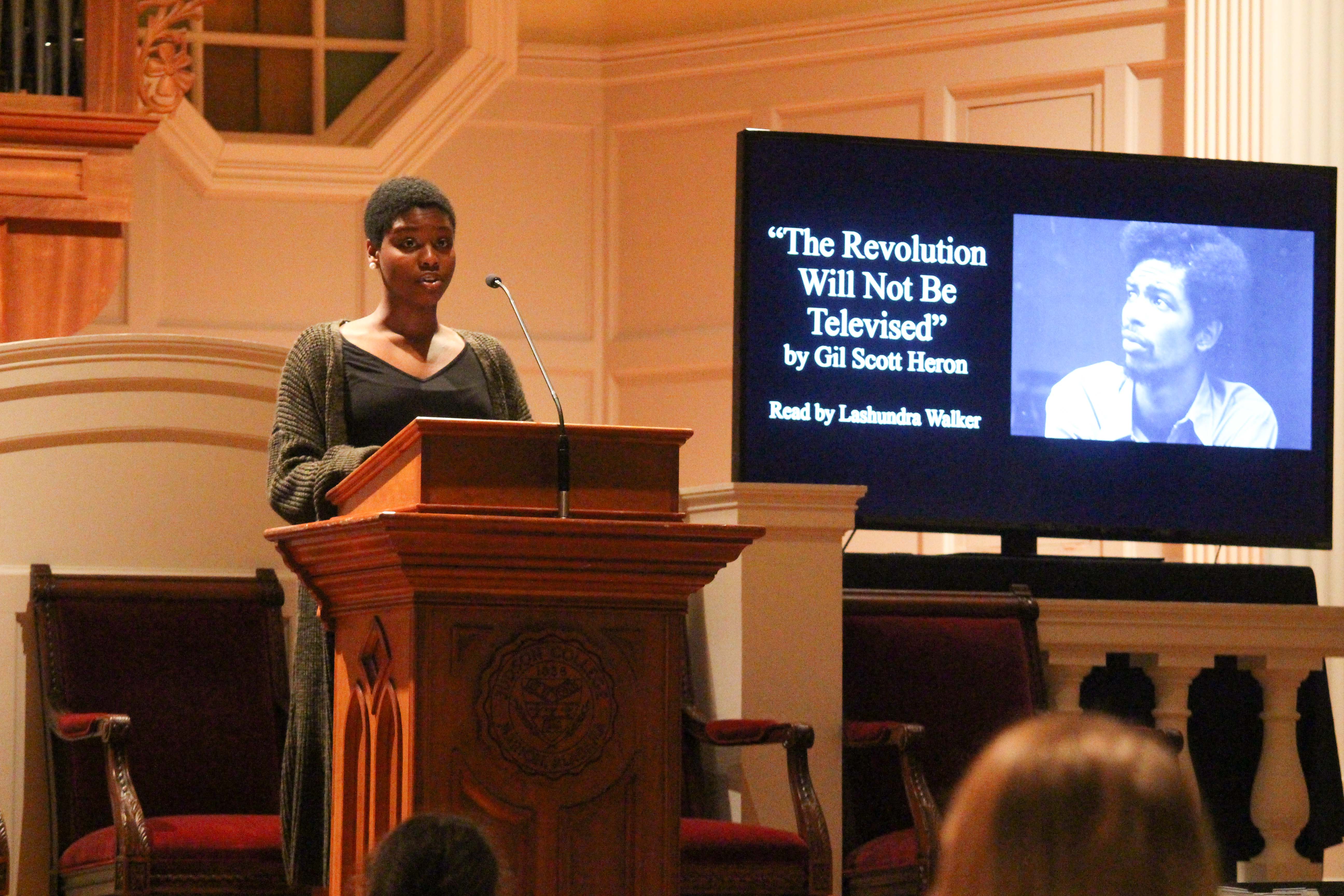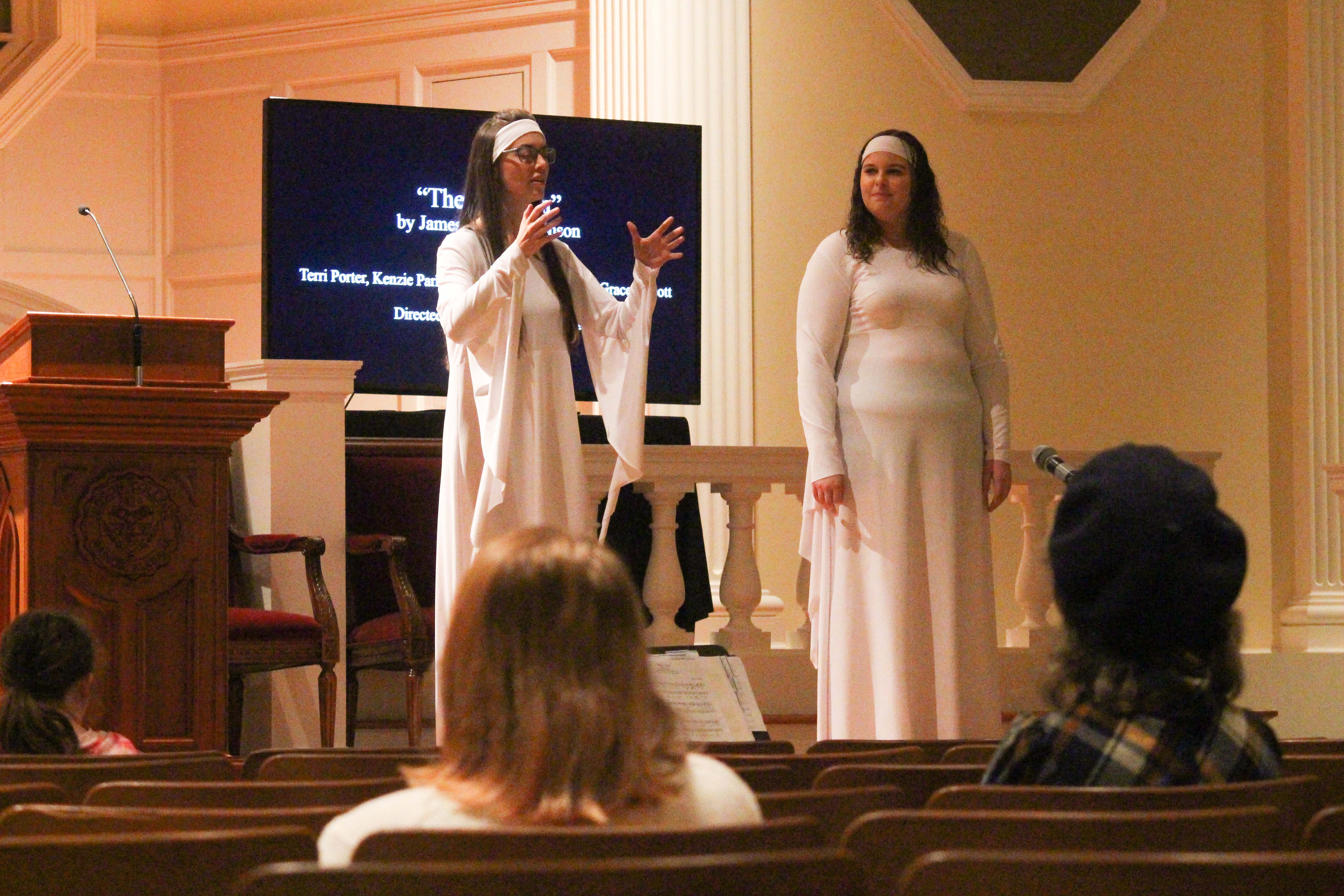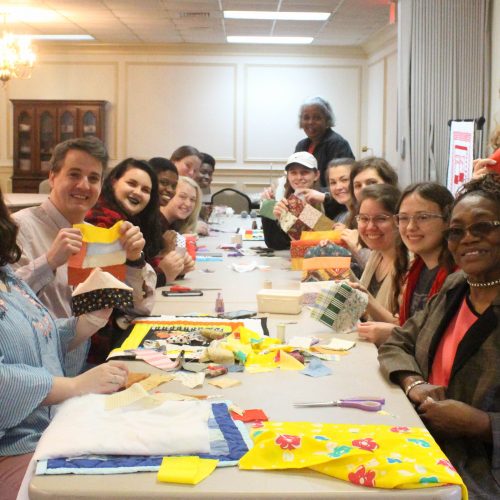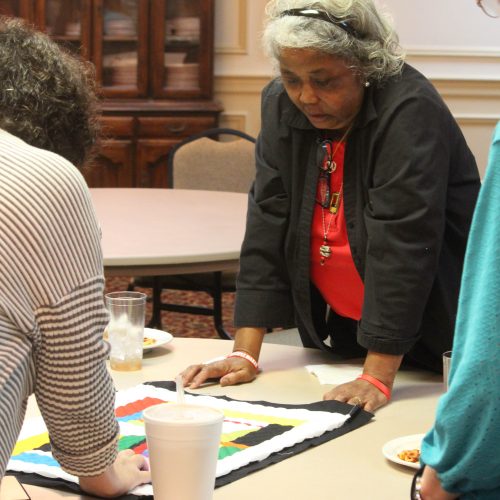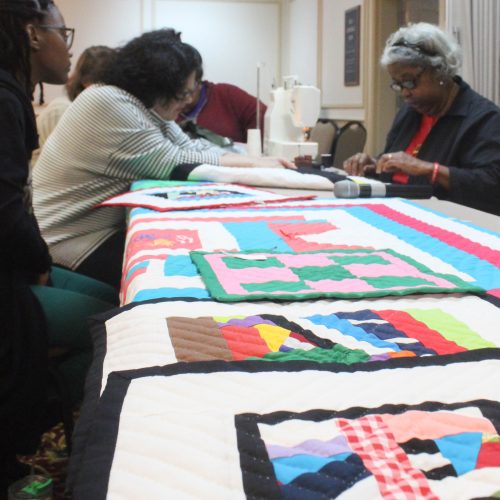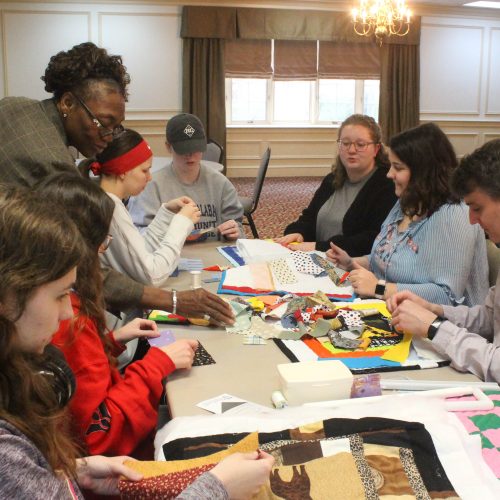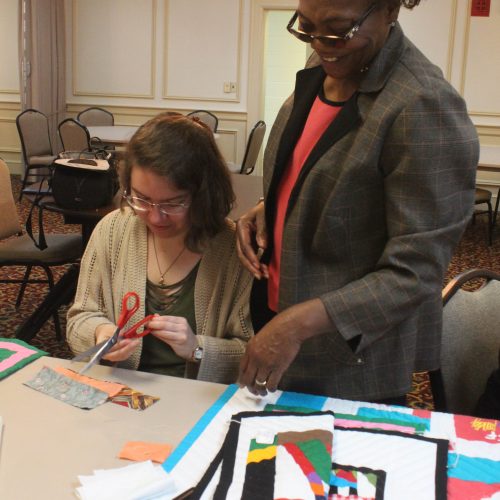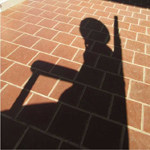by Kaylee R. Hall
Our experiences affect how we view and relate to the Arts. For some, the Arts have always been a safe place where success and failure have minimal consequences. With the Arts mistakes can be painted over and beauty can emerge from failed attempts. The piano can be played poorly until it’s played beautifully; the Arts are the definition of progress. The room for error in the Arts allows room for growth in life. The Arts are the very essence of freedom for some, but for others it seems very intimidating. There is a sense that students of the Arts will fail more often than they succeed. In theory, failure should grow us as individuals and inspire us to persevere until the desired results are obtained. However, the concept of failure seems to paralyze some of its victims with fear.
I had the opportunity to interview a few professors at Judson College on the influence of the Arts. Interestingly enough, in each interview the conversation turned to the concept of failure. Professor Josh Pickens of the Art department had an inspiring take on the subject:
We’re taught that failure is bad, ‘whatever you do don’t fail,’ and that’s just not realistic. If you’re going to fail, fail spectacularly and then learn from it. Sit back and think to yourself, ‘That went horribly. That was a dumpster fire. What can I take away from it?’ The Arts are very good at making people feel bad at something. I think people are afraid of being really bad at something, like doing it and just being awful. That is a learned fear that’s ingrained in them from a very early age. Failure should grow us as a person but sometimes it just destroys people. Sometimes they get so caught up in the fact that they’ve failed, that they don’t think about how they can avoid it in the future.[1]
Perhaps it is not failure itself that causes us to shrink away in fear, it is the way we fail. So how do we learn how to fail correctly or to “fail spectacularly” as Pickens put it? If success is the product of growth, and growth comes from failure, in theory, failure should be the key to success. The Arts have the ability to teach us how to fail in a way that is not detrimental to us. Failure in the Arts is not picking up the pieces like shattered glass; it is simply readjusting the pieces of a puzzle. The Arts and life have many things in common, one of them being ambiguity. Every piece of art can be interpreted different ways depending on the person looking at it. If a painting can be interpreted a million ways, which interpretation is the correct one? Is every interpretation of a painting correct because different people see different beauty? With the art there is not really a right or wrong answer; there is technique, and what works and does not work. Professor Stephanie Peek of the Religion Department expanded upon this in my interview with her:
[The Arts] opens us up to the fact that the world really isn’t all that black and white, no matter how much we’d like it to be. The world is much more fluid and dynamic, it is shades of gray and everything in between. Art helps us experience that in ways that are more comforting. In a world where you’re like ‘Is this right or wrong?’ and you don’t know, that shade of gray is very disquieting to the soul. [It is like walking] through a gallery and have a painting catch your eye, and you just sit and stare at for half an hour because you can’t quite figure out how you feel about it. ‘Do I love this, or do I hate it? And is that okay that I can’t tell the difference?’ Sometimes I’ll look at the same painting and I’ll love it today and hate it tomorrow, and I can’t always give you a reason why. Art has really helped me accept the ambiguity in life.[2]
Peek continued to share some of her experiences with the arts and how it has influenced her life. It was inspiring to hear how her participation in theatrical performance created a fearless attitude that carried over into her professional career. Peek is able to fearlessly lead and educate her students because of all the times she had to overcome fear on stage. The Arts develop character in a way that other fields do not. The Arts make us brave and build confidence, self-assurance, and humility. Incredible artists are not just talented people that are immediately good at whatever they try, they are individuals that have perfected their craft over time from failed attempts and critiques from other artists. Professor Peek had a brilliant take on this concept: “Something every student could benefit from is the humility in recognizing that we’re all learners in progress. People are going to critique our work, and it’s going to hurt because it feels like they’re critiquing us. They’re not, they’re trying to help us grow. Critique is part of growth, if no one critiques what you do, you don’t learn.”[3]
From physical to mental to emotional, studying the Arts changes people for the better. The Arts encourage sympathy, empathy, and establishes and heals connections. The Arts help us understand who we are as individuals and gives the ability to understand and relate to others in a unique way. When we engage in the Arts, we are training our brains how to think in a productive way, and how to effectively solve problems. It helps with memorization, managing time, understanding stress triggers, and how to continue being productive while under stress. The Arts are very powerful and impactful to its students. Dr. Jessica Spafford of the music department is a living testament to the impact of the Arts.
[The Arts have] impacted me more than anything else outside of family and religious beliefs. It is by far the most impactful thing. It has made me empathetic to others. It has made me resilient; it takes extreme dedication to be in a practice room for hours just to fine tune one little thing. Being able to connect with others, making someone laugh or cry, making them feel something that maybe they didn’t feel before, making somebody understand something about themselves, that has shaped me.[4]
According to Professor Pickens, “[The Arts] can teach you everything you need in order to be good at whatever it is you do in the world. I think it has that potential to help. Even if you have no intention of becoming an artist, just taking an art class is incredibly beneficial.”[5] The benefits of the Arts for future careers are endless.[6] Dr. Spafford shared about how after college, employers would take one look at her music major and hire her on the spot. Music is among one of the greatest disciplines of the mind and companies are fully aware of the diligence and dedication it takes just to major or minor in music. The Arts help with business, production, advertising, marketing, communications, and many other things.
The Arts train its students to be dedicated individuals in all areas of their life. The Arts are essential to human existence, and the more we ignore that, the more disconnected we become. The Arts deepens our purpose and gives us the ability to reach out to others to bring light to social issues we need to change. The Arts teach us how to be overcomers, how to fail spectacularly, and how to be fearless. Individuals that are students of the Arts are students of life. Perhaps it is true that some skills cannot be taught in a classroom, but most life skills seem to be taught in classrooms belonging to the Arts.
[1] (Pickens, 2019)
[2] (Peek, 2019)
[3] (Peek, 2019)
[4] (Spafford, 2019)
[5] (Pickens, 2019)
[6] (Zuckerman, 2014)
For more articles like this, click below.
Opinions•The Triangle
